Experts expect fiscal, monetary measures to boost economic recovery
China has room to pursue a more proactive fiscal policy and an expansionary monetary policy, thereby boosting economic recovery and helping achieve the targeted economic growth of around 5 percent this year, experts said on Tuesday.
They made the remarks after the Government Work Report announced the economic expansion goal on Tuesday. The report was delivered by Premier Li Qiang at the opening of the second session of the 14th National People's Congress, the country's top legislature, in Beijing.
The country will intensify proactive fiscal policy as appropriate with improved quality and efficiency, and exercise a prudent monetary policy in a flexible, moderate, targeted and effective manner, the Government Work Report said.
It set the projected deficit-to-GDP ratio at 3 percent for 2024 and targeted a whole-year inflation rate of around 3 percent.
With this planned fiscal deficit rate, the deficits are expected to reach 4.06 trillion yuan ($560 billion) this year, with an increase of 180 billion yuan from the deficits for 2023 budgeted at the beginning of last year.
The general public budget expenditure is planned to be 28.5 trillion yuan, increasing 1.1 trillion yuan from that of last year.
The report also said adequate liquidity will be maintained at a proper level, while aggregate financing and money supply will stay in step with the projected economic growth and increase in the consumer price index.
Xu Gao, chief economist at BOC International, said: "The main challenge facing the Chinese economy is weak demand with underlying issues of tepid investment and dampened confidence. With that, it's crucial to step up efforts on expanding investment to boost economic recovery.
"The intensity of fiscal policy has been increased modestly from last year, and I expect stronger fiscal policy later this year to better achieve the economic growth target."
Chang Haizhong, executive director of corporates at ratings agency Fitch Bohua, said the targeted deficit rate is lower than market expectations, reflecting the government's determination not to engage in short-term strong stimulus, and to promote high-quality development.
Su Jian, a professor of the School of Economics at Peking University and director of the university's National Center for Economic Research, said the government debt plan unveiled on Tuesday is relatively more conservative than many had expected, and yet it is understandable as the country needs to strike a balance between the objectives of stabilizing economic growth and containment of local government debt risks.
"This means elevating the efficiency of stimulus will be a focus," he said, adding the authorities may take more measures to boost consumers' spending propensity and lift private businesses' investment willingness so that the same amount of government spending can generate increased private investment and consumption.
However, if factors like the issuance of special treasury bonds are taken into consideration, the actual fiscal expenditure will likely expand to an appropriate level this year, experts said.
As for monetary policy, Zhu Haibin, chief China economist at JPMorgan, forecast a continuation of growth-friendly interest rate policy and credit policy this year, including two 10-basis-point policy rate cuts — with the next rate cut likely this month — and another reserve requirement ratio cut in the second half of this year.
Zhu said the recent establishment of a credit management department in the People's Bank of China, the country's central bank, will continue to provide targeted support in five key areas: technology finance, green finance, inclusive finance, pension finance and digital finance.
Leon Wang, executive vice-president of AstraZeneca, a global biopharmaceutical major, said the company looks forward to investing and expanding in China, while working with local partners to promote Chinese innovations globally.









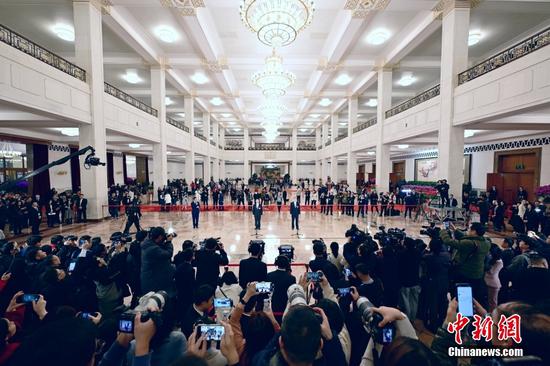
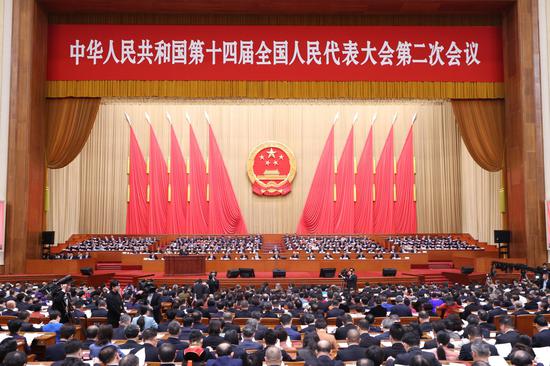

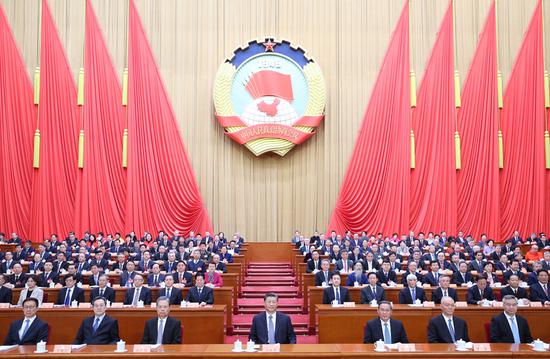
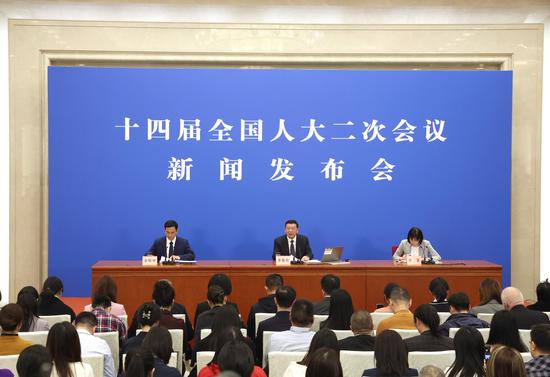




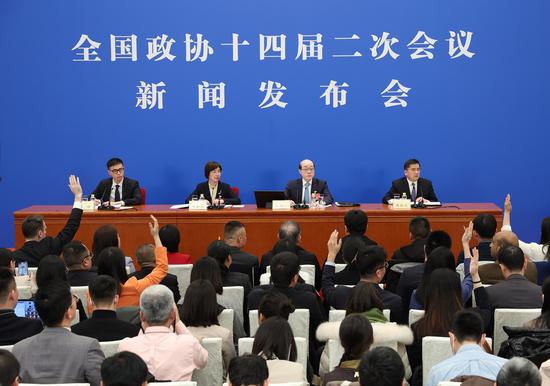



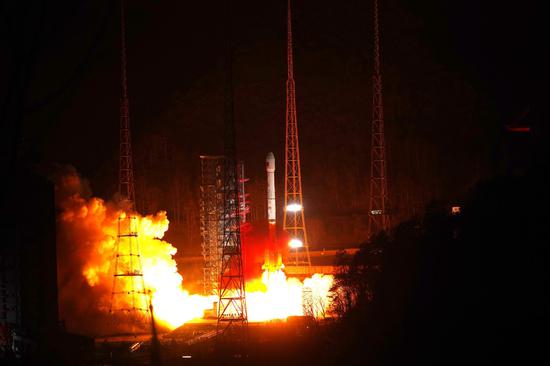
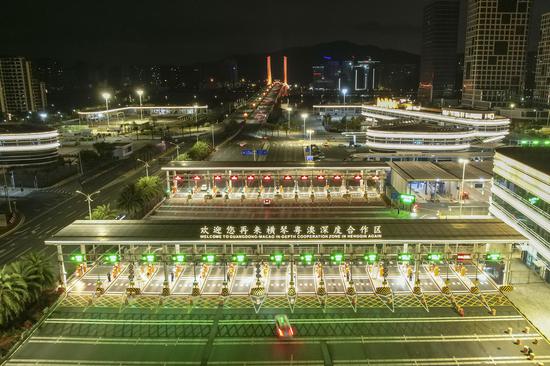






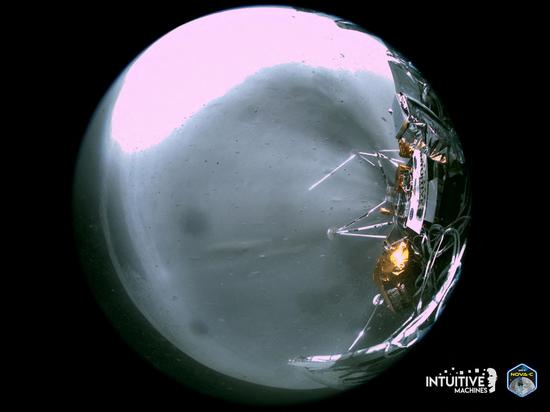
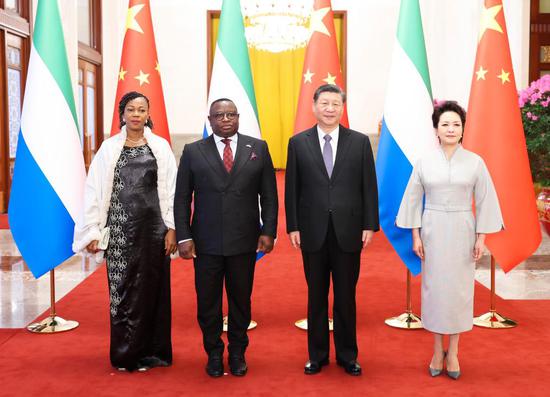

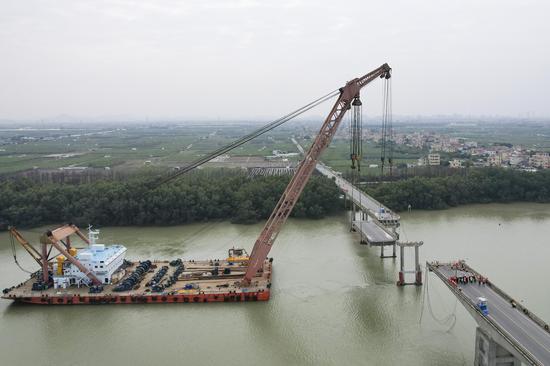
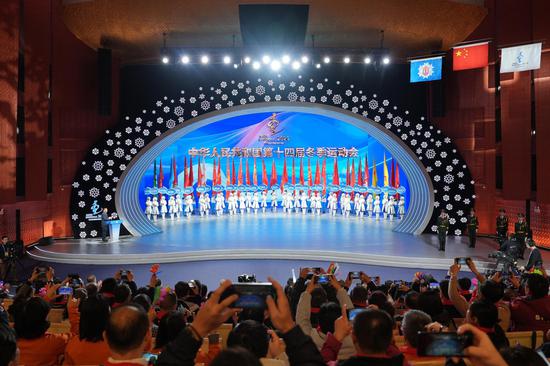


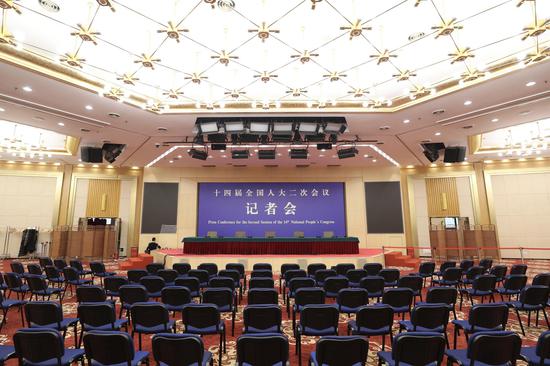

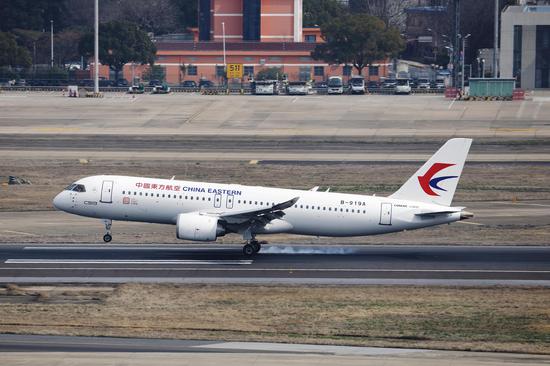
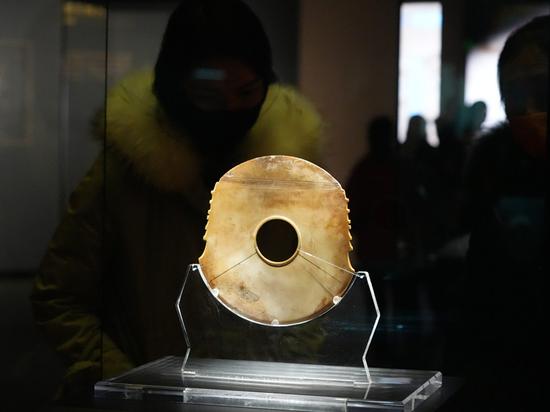


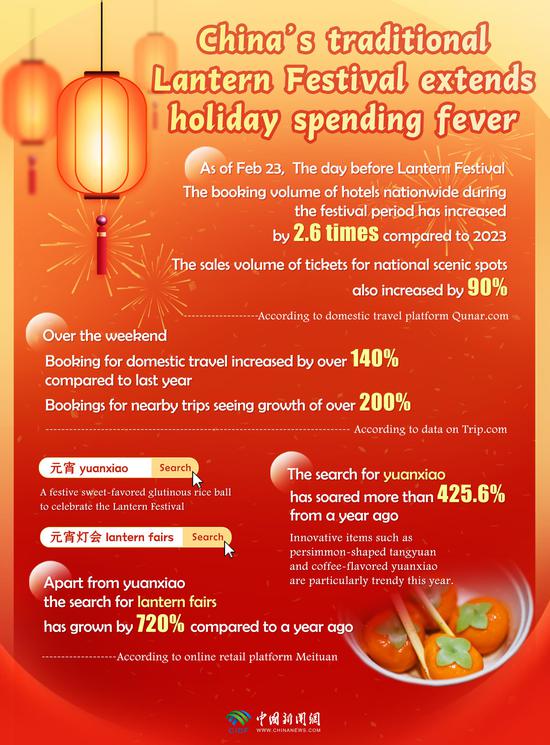






 京公网安备 11010202009201号
京公网安备 11010202009201号